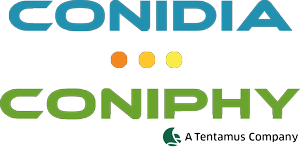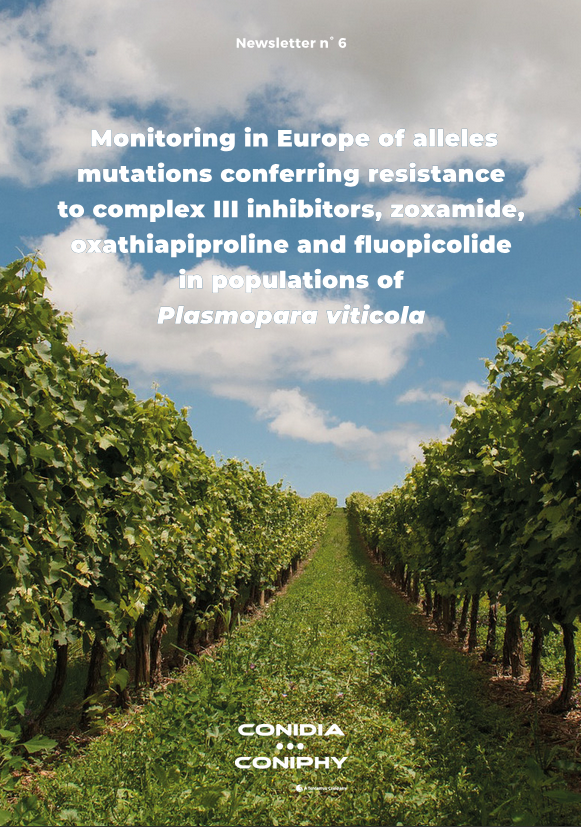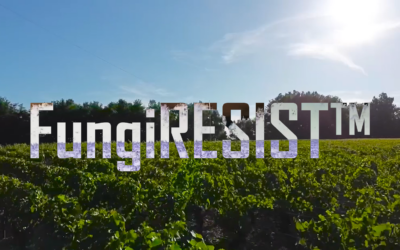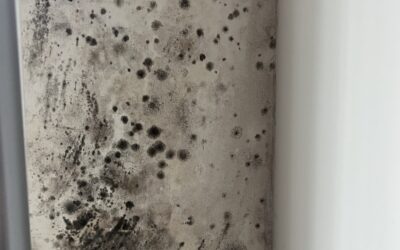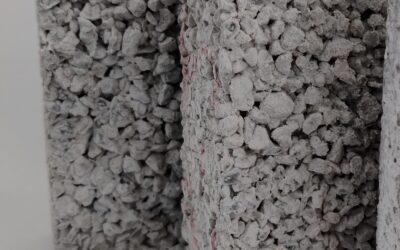Innovations in Phytopathology and NGS: Mapping Plant Pathogen Mutations in Europe
At CONIDIA CONIPHY, we are at the forefront of research in phytopathology through the use of next-generation sequencing (NGS). This revolutionary technology allows us to detect and monitor plant pathogen mutations with unprecedented precision.

The NGS method involves sequencing the DNA of pathogens to identify genetic variations that may confer resistance to treatments. With this approach, we can not only detect existing mutations but also anticipate the emergence of new resistant strains. This enables us to propose more effective and sustainable crop management solutions.
Our recent work has focused on mapping fungal pathogen mutations in vineyards across Europe. In collaboration with EPILOGIC, a TENTAMUS GROUP company, we have established a database of mutations present in different wine-growing regions. This mapping is a valuable tool for winegrowers, allowing them to adapt their crop protection strategies based on the specific risks in their region.
The results of our research show significant genetic diversity among the pathogens, with some mutations conferring increased resistance to commonly used fungicides. This information is crucial for developing new integrated pest management strategies and adapting treatment to new resistance.
Our commitment to R&D continues to push the boundaries of phytopathology, offering innovative solutions for more resilient and sustainable agriculture. To learn more about our work, check out our latest newsletter.
Our solutions associated with NGS technology
idetect
Phytosanitary product testing
Related articles
FungiRESIST™ : An Advanced Platform for Studying Fungal Resistance
Humidity, materials, and mold: a trio posing a risk to indoor air quality
Bio-based Materials: Eco-friendly Allies, but What Are the Risks of Mold?
In response to the climate emergency, the construction sector is turning to more environmentally friendly solutions. Bio-based materials are emerging as sustainable alternatives to reduce the carbon footprint of buildings. However, these natural materials also present challenges, particularly in terms of moisture management and mold risks. This article explores the strengths and limitations of bio-based materials.
Let's work together !
If you have any needs or questions about environmental microbiology, contact us and we'll provide you with the answers you need.
